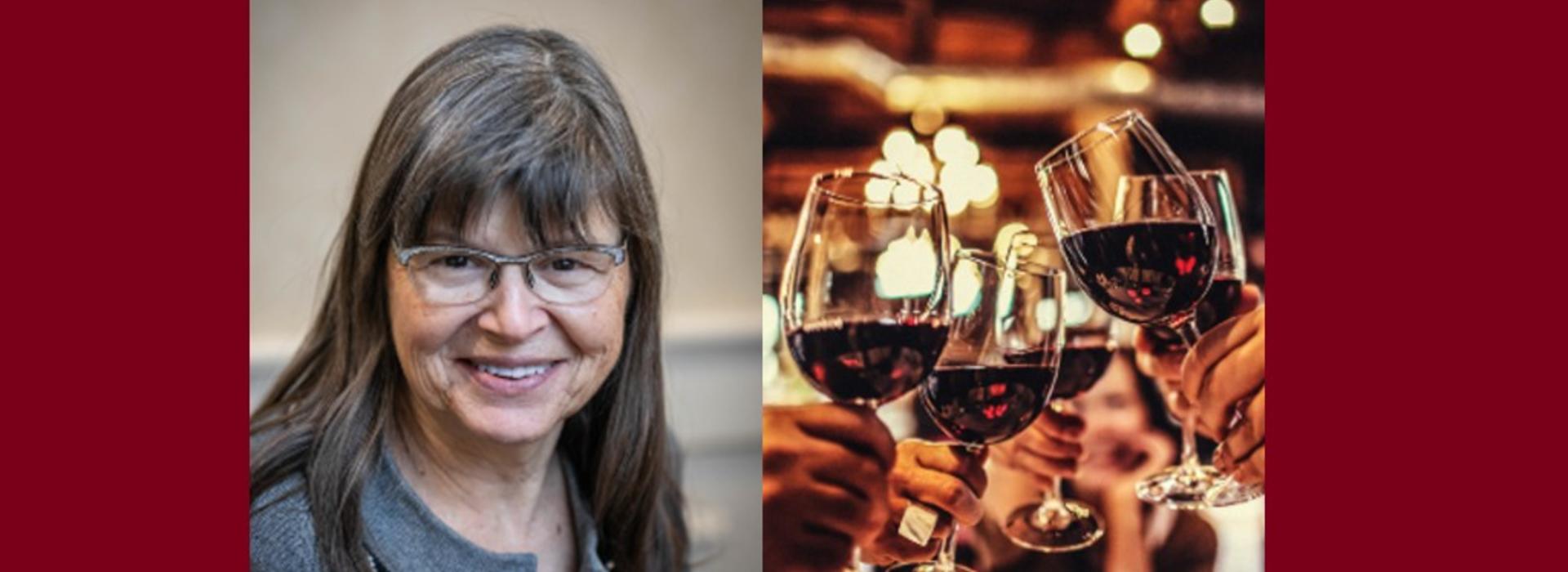
Talking addiction during the holidays with U of M
MINNEAPOLIS/ST. PAUL (12/12/2023) — The holidays are right around the corner, which means more time spent with family and friends. It is important to recognize ways to keep each other healthy, considering celebrations may be accompanied with alcohol and substances, along with loved ones who struggle with addiction.
Sheila Specker, MD, with the University of Minnesota Medical School and M Health Fairview, talks about the impact that the holidays can have on people with addictions.
Q: Why are the holidays a difficult time for those with addiction?
Dr. Specker: Holidays can be enjoyable and exciting, but can also add stress and unexpected challenges. Alcohol is often present during holiday activities, which can put individuals who struggle with alcohol use in a tough position. Feeling left out, not wanting to be seen as different and not knowing how to say no are common thoughts in social settings where alcohol is present. Alcohol and other substances are one way to relieve that stress. Loneliness, isolation and depression may be present and increase the risk for substance use.
Q: Is risky use of substances common during the holidays ?
Dr. Specker: According to the CDC, the most dangerous times of the year for drug-and-alcohol-related deaths are December, January and March. Alcohol is the most common substance, partly because of its availability. However, other substances are problematic as well. Other addictive type behaviors, such as binge eating, become more of an issue as well.
Q: What are ways to support a loved one who struggles with addiction during gatherings?
Dr. Specker: Consider providing non-alcoholic beverages. Gatherings do not have to include alcohol. If there is alcohol present, choosing not to drink is one way to support the people in your life. You may also want to have a conversation ahead of time about leaving early if the occasion becomes uncomfortable or the temptation is high.
If you are someone who struggles with addiction, ask for support from your friends and family and intensify your recovery efforts by attending more support meetings or talking with others in recovery.
Q: What tips do you have for those in treatment and recovery during the holidays?
Dr. Specker: It’s important to plan ahead to identify situations which might be risky. I encourage healthy activities and self-care: exercise, sleep and meditation, as well as being active in recovery. Attending more self or mutual help meetings, or talking with a sponsor or others in recovery can be very helpful. It’s also important to recognize specific stressors and address them. That could mean limiting spending if finances are a stressor.
Q: How does your research at the University of Minnesota support your clinical work?
Dr. Specker: It is notable that our patients with substance use disorders suffer in many areas — including homelessness, medical and psychiatric conditions, lack of connections and resources. My recent research has focused on developing a strategy to best identify patients with complex health needs in order to design services to best meet the patients’ needs. Information learned from this project can be readily utilized in our clinics.
Sheila Specker, MD, is an addiction psychiatrist with the University of Minnesota Medical School and M Health Fairview. She is also a member of the University’s Medical Discovery Team on Addiction. Her expertise is in eating disorders, substance use disorders and addictive disorders.
-30-
About “Talking...with U of M”
“Talking...with U of M” is a resource whereby University of Minnesota faculty answer questions on current and other topics of general interest. Feel free to republish this content. If you would like to schedule an interview with the faculty member or have topics you’d like the University of Minnesota to explore for future “Talking...with U of M,” please contact University Public Relations at unews@umn.edu.
About the University of Minnesota Medical School
The University of Minnesota Medical School is at the forefront of learning and discovery, transforming medical care and educating the next generation of physicians. Our graduates and faculty produce high-impact biomedical research and advance the practice of medicine. We acknowledge that the U of M Medical School is located on traditional, ancestral and contemporary lands of the Dakota and the Ojibwe, and scores of other Indigenous people, and we affirm our commitment to tribal communities and their sovereignty as we seek to improve and strengthen our relations with tribal nations. For more information about the U of M Medical School, please visit med.umn.edu.